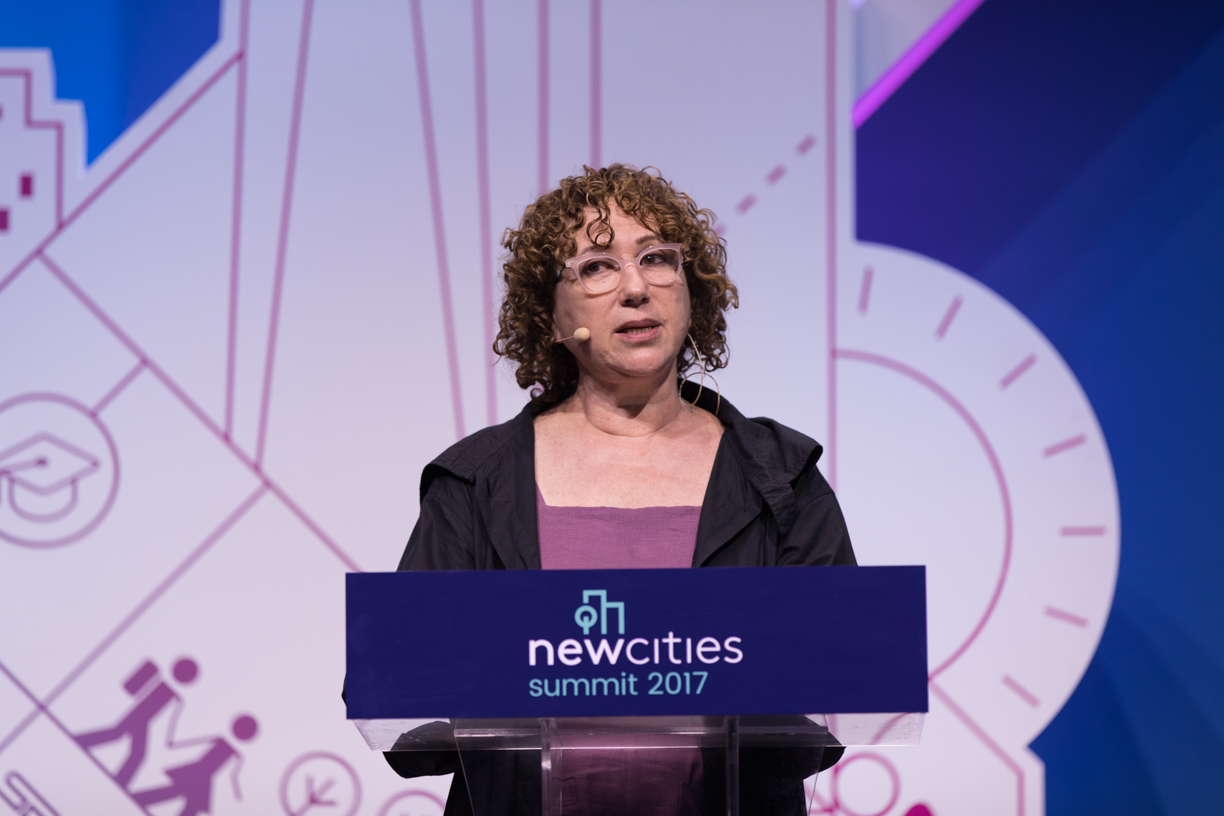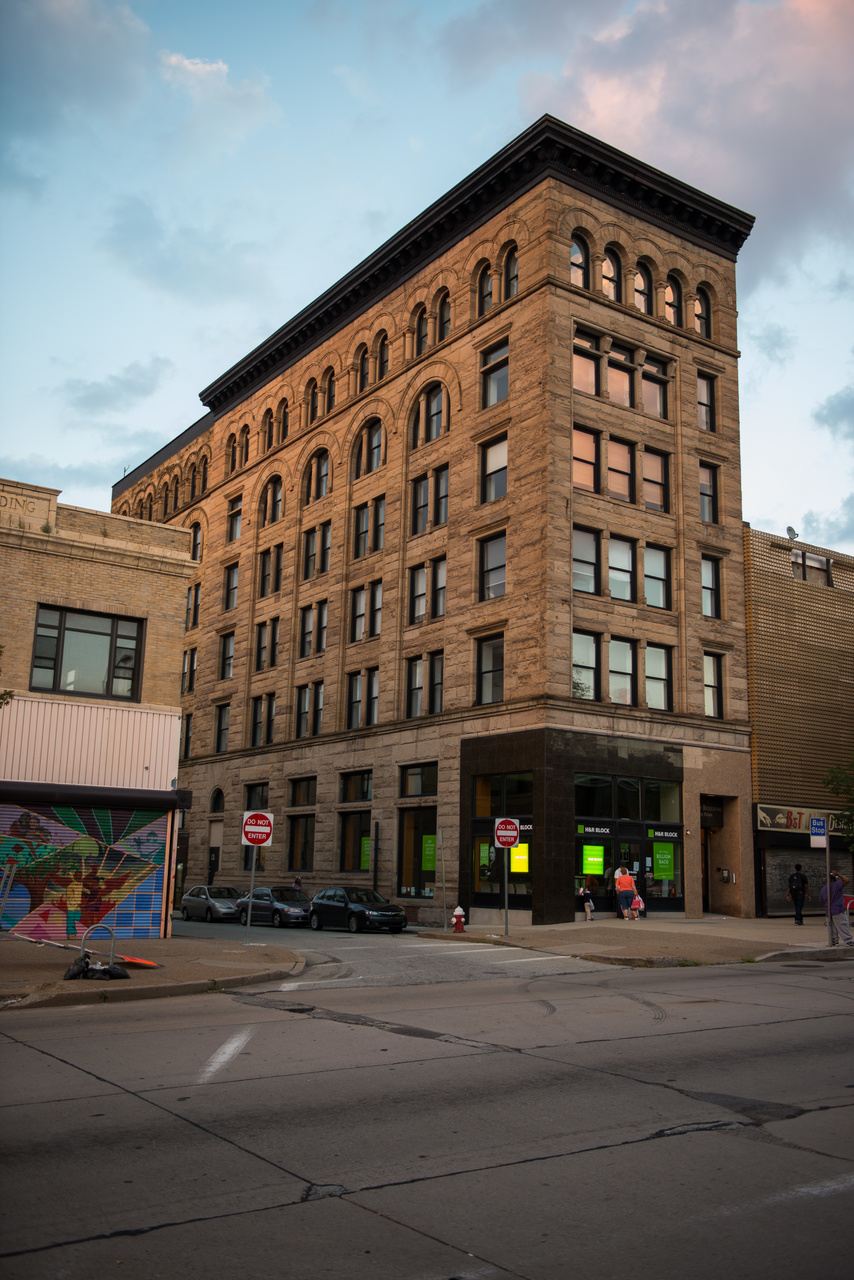
Photo: 0E7A2751
How small change can bridge the disconnect between real estate and communities
15 June 2017
by Jonathan Andrews
Jonathan Andrews spoke to Eve Picker, Founder, Small Change, one of the Global Urban Innovators who presented during the New Cities Summit, Songdo about a new form of community banking that matches investors to innovative projects that are helping turn around neighbourhoods and cities.
How did Small Change come about?
I am a change-maker interested in cities. One of the primary ways I’ve accomplished this in the past was as a real estate developer. I founded Small Change because it’s the type of community-driven funding tool I wish had been in place when I was developing buildings.
Banks tend to look askew at projects they don’t understand, so real estate developers end up struggling to finance the types of projects that are innovative and help turn around neighbourhoods and cities. I want to turn the tables, and help developers who are passionate about remaking cities find the capital they need to do it. I know that financing can be the biggest challenge for them, but it doesn’t have to be. Today we [in the US] have new securities laws, born out of the JOBS Act, which let us form capital for scrappy startups and scrappy buildings with the help of neighbours, friends, allies, and city enthusiasts.
What are the basic concepts?
Small Change matches investors with developers who are raising funds for their real estate projects. We focus on working with developers whose projects make an impact by making cities better. We do this by using securities regulations known as Regulation Crowdfunding (or Title III), which permit anyone over the age of 18 to invest, and Regulation D (or Title II), which is limited to accredited investors.
What types of projects do you support?
Investors invest in the project, not Small Change. There are no limits to the types of project we’ll help raise funds for, but each project must score at least a 7 out of a total of 11.5 points on our proprietary Change Index analysis, which takes into account mobility, sustainability, and economic vitality. This keeps us mission-aligned.
What sets it apart from other crowdfunding initiatives?
Small Change is a real estate equity crowdfunding platform. That means that people don’t just get rewards for donations like on Kickstarter; they’re actually investing funds into real estate projects in return for equity. Not only do we provide real estate offerings that everyone can invest in, we focus on transformational real estate projects that make cities and neighbourhoods better.

Have you received support from cities, and do they become involved at any level?
Not to date, but we’re always interested in new partnerships.
Can anyone invest and is there a minimum amount?
It depends. We work with SEC [Securities and Exchange Commission] regulations that each have their own set of rules. Regulation Crowdfunding (or Title III, as it is known) permits anyone over the age of 18 to invest. The minimum amounts are set by the developer and can be as low as they like. Regulation D (or Title II) offerings are open only to accredited investors.
What has been the most successful project to date?
We have raised 100 percent of the offering amount for all of the offerings we’ve closed to date.
In which cities do you operate and are you looking at cities outside the US?
So far, we have raised funds in Pittsburgh, Washington DC, Los Angeles, and New Orleans. Soon we will be listing campaigns for offerings in Ohio and Massachusetts, and we are talking to developers regarding projects in Illinois, Nevada, Maryland, and Missouri. At the moment, we are focusing on the United States, but we’d like to expand further afield.








